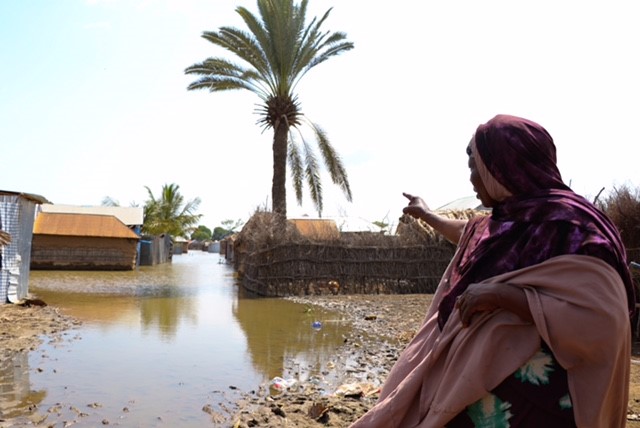The 30th UK Shelter Forum will be convened by the Recovery Community of Practice and jointly hosted by ARUP and RedR UK.
Theme: The challenge of scale in an environment of increasing need and decreasing resources.
Date: Tuesday 14th May 2024, 9:00am – 17:00 BST
Location: ARUP office (and online) ARUP, 8 Fitzroy Street, London W1T 4BJ
Submit a presentation proposal: If you’d like to contribute to the UK Shelter Forum please click here to tell us about your proposal as soon as possible. Deadline 22 April 2024
Register for the event: Book your tickets for the forum here. Please select either the in-person or online option when prompted.
The UK Shelter Forum is a community of practice for individuals and organisations involved in humanitarian shelter and settlements. To find out more about the UK Shelter Forum, or subscribe to the mailing list, click here.

